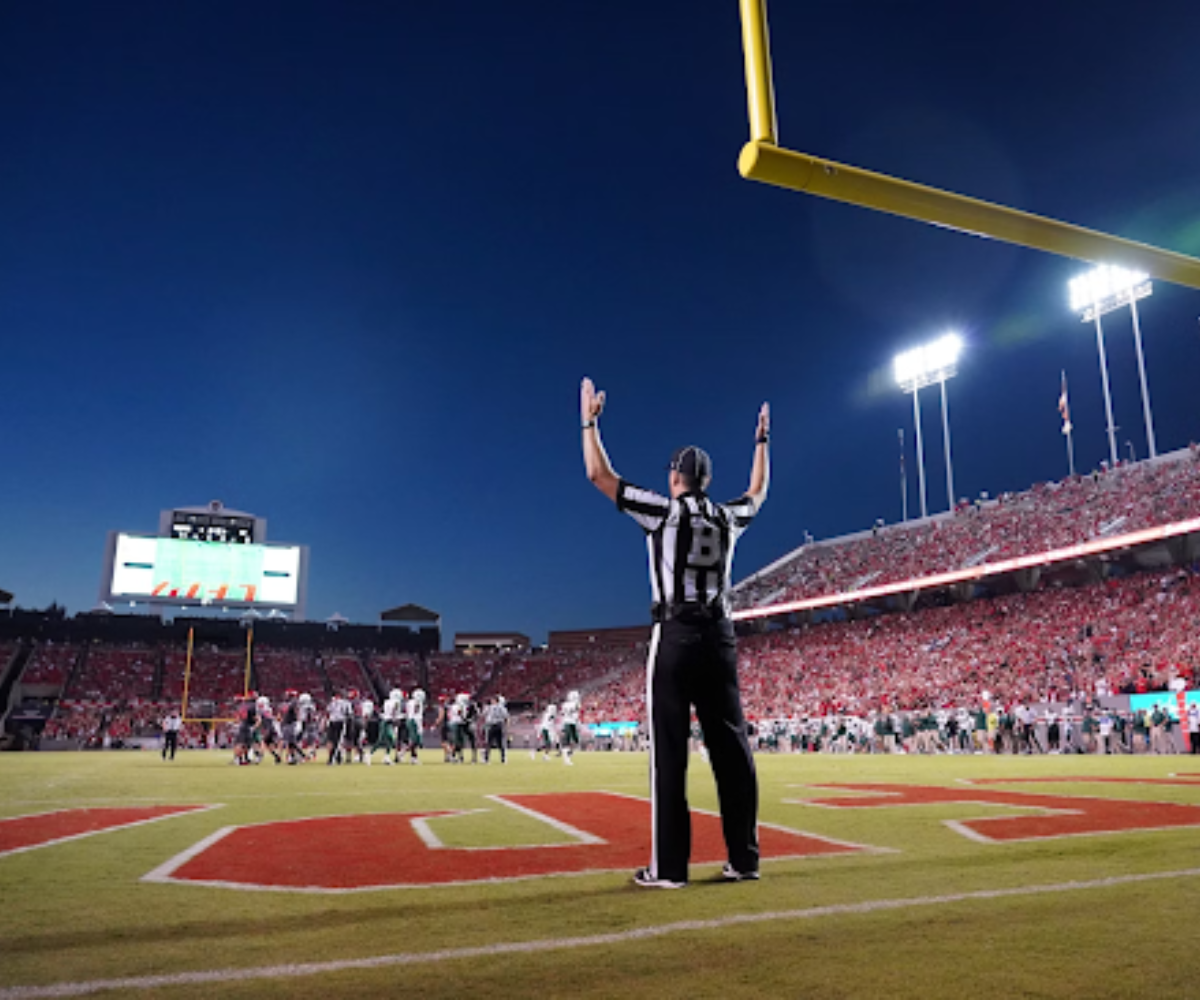Throughout history, gambling has been a topic of moral debate, with proponents and opponents offering differing perspectives on its ethical implications.
While attitudes towards gambling have evolved over time, it's essential to understand why it was historically considered morally wrong and the factors that contributed to this perception. Let's delve into the moral dilemmas surrounding gambling and explore the underlying reasons behind its condemnation.
1. Risk of Addiction and Financial Ruin
One of the primary concerns associated with gambling is the risk of addiction and its devastating consequences. Historically, gambling was often viewed as a vice that could lead individuals down a path of financial ruin, jeopardizing their livelihoods and those of their families. The addictive nature of gambling, coupled with the potential for significant losses, contributed to its portrayal as a morally dubious activity.
read: How Much does the Average Casino Make?
2. Perceived Immorality of Chance-Based Games
In many cultures, gambling was frowned upon due to its reliance on chance rather than skill or labor. Unlike productive endeavors that contribute to society, such as agriculture or craftsmanship, gambling was often seen as a frivolous pursuit that yielded no tangible benefits. This perception of gambling as a morally inferior activity reinforced its stigma within society.
3. Association with Criminal Behavior
Historically, gambling establishments, such as casinos and gambling dens, were often associated with criminal activity, including organized crime, corruption, and illicit dealings. This association further tarnished the reputation of gambling and contributed to its condemnation by moral authorities and religious institutions.
4. Moral and Religious Teachings
Many moral and religious traditions have condemned gambling on moral grounds, citing principles such as temperance, thrift, and the stewardship of resources. Gambling was often viewed as a manifestation of greed, selfishness, and the desire for easy wealth, all of which were considered antithetical to virtuous living.
5. Perceived Social Harm
Beyond individual consequences, gambling was also seen as detrimental to the fabric of society, leading to social disintegration and moral decay. Critics argued that gambling encouraged idleness, undermined the work ethic, and eroded community values, posing a threat to the moral order and social cohesion.
Evolving Perspectives on Gambling
While gambling continues to be a contentious issue in many societies, attitudes towards it have evolved over time. In modern times, some view gambling as a form of entertainment, leisure activity, or even a legitimate industry that contributes to economic development and tourism. Additionally, advancements in regulation, responsible gambling initiatives, and public awareness campaigns have helped mitigate some of the negative consequences associated with gambling.
A Complex Moral Landscape
The moral condemnation of gambling throughout history reflects a complex interplay of social, cultural, religious, and economic factors. While concerns about addiction, financial ruin, and social harm persist, attitudes towards gambling have become more nuanced in contemporary society. As we continue to navigate the moral dilemmas surrounding gambling, it's essential to weigh the potential risks and benefits while fostering responsible attitudes and behaviors towards this age-old pastime.











